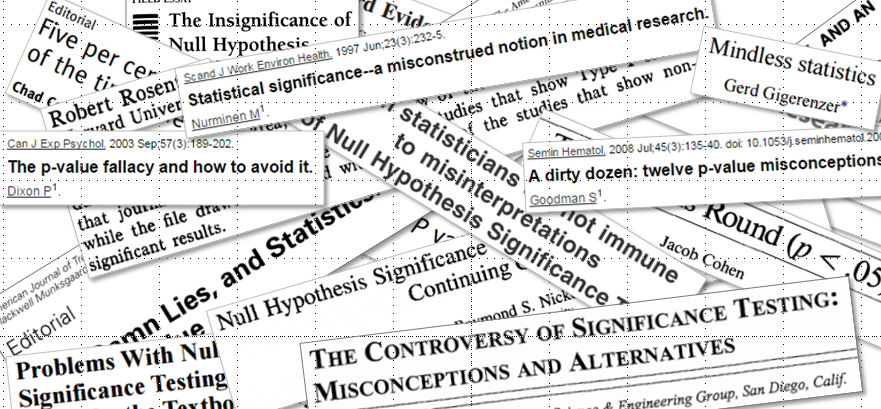When I was in
seventh grade I joint the youth-group of a political party. Approximately two
years later we had the opportunity to meet with the leader of that party to “discuss”(1)
the further directions said party could or should take.
The leader
of that party had been of the view that the party should takes some positions
of the green party, not of reasons related to the content of the positions, but
because the green party had dropped these positions.
While I
could understand that getting votes is important for a political party, I found
that too opportunistic and left: I felt that you should argue for things bases
on the arguments (and counterarguments) you have not based on popularity.
I changed a
lot of my views, but I still believe that. However, maybe I understand better
that it’s not always easy not to be opportunistic, because opportunisms seems
to be what brings people forward. The questions is whether it brings you where
you originally wanted to go.
I hope that
research is primarily about learning new things about the world, but it’s also
politics: Should you point your results just a little brighter than they really
are? How much, if any, opposing literature should you cite? Change that effect
size estimate a little to increase the chances of funding? Present only your
positive sides in a CV?
Some people
may say that none of these things are ok, ever, under any circumstances. I tend
to agree, but then, how long do you search for counter evidence? For how long
do you check if things aren’t worse than you think? Living, breathing,
consuming is inherently opportunistic, isn’t it? Working is. If you can’t work
in research, you’ve to work elsewhere, and I don’t know if selling burgers at
McDonalds would be any less opportunistic?
So the
question may be where to draw the line. That however is a difficult questions,
especially when a lot of current problems in research may stem from people
taking every chance (to get money, to publish, to stay in research) with no
regard to the long term consequences… (2)
(1) Of course I
know that such “discussions” are just for publicity/popularity as well.
(2) I don’t
know if I could say what I want to say. Basically my question is: What is ok
and what isn’t and how should we decide? It would be easy to say, all but
perfect honesty is wrong, but a) perfect honesty is difficult to achieve,
because you can never tell everything that *might possibly* be relevant and b)
I think it would put most people out of research pretty quickly. Some people
may say, the perfectionism shouldn’t be to goal, but then the question is where
to draw the line? What is ok and what isn’t?
